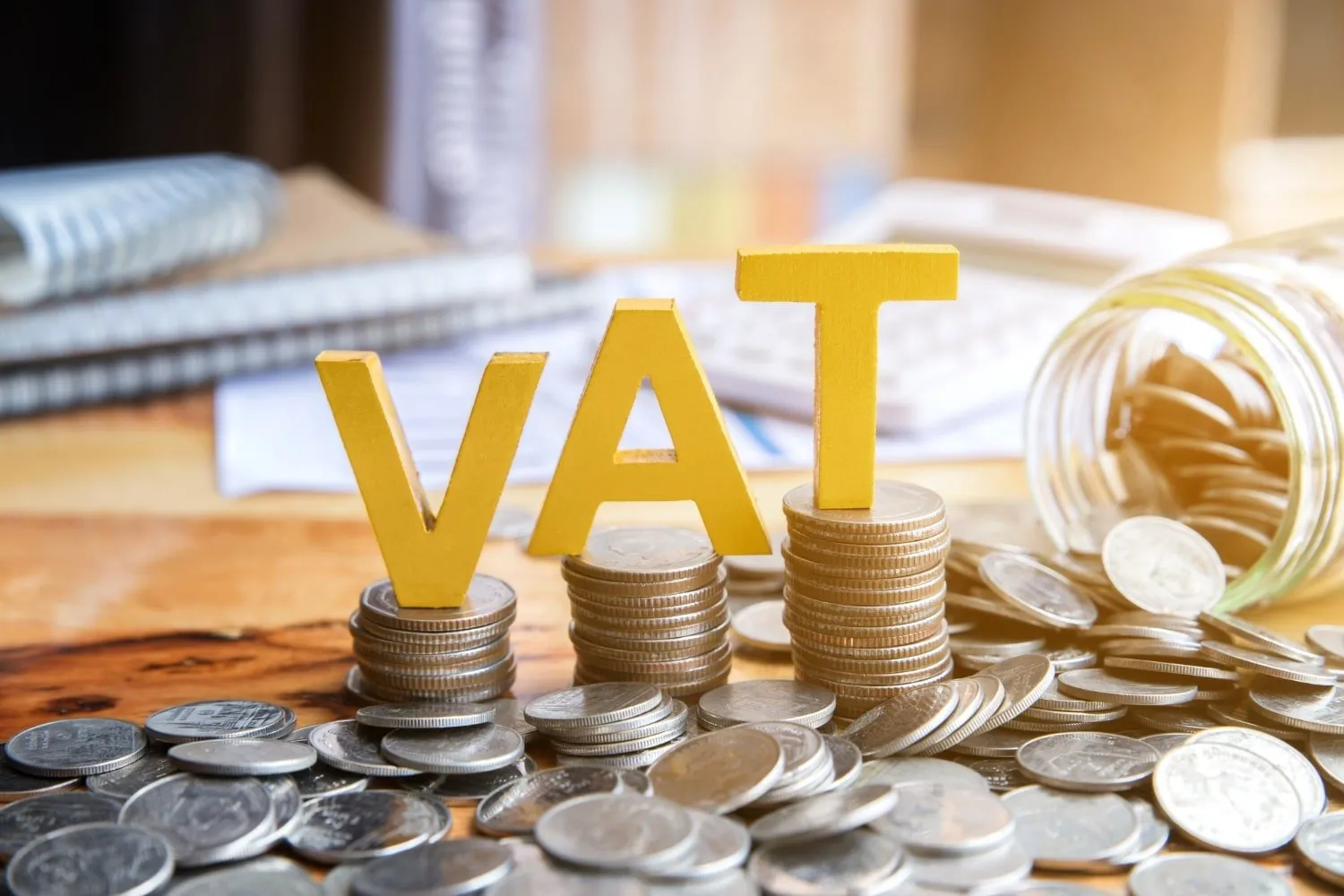Federal Government has projected ambitious plans to increase revenue accruing from Value Added Tax (VAT) from an average of N35 trillion in 2024, to N40 trillion in 2025 and N45 trillion in 2026 fiscal years, respectively.
The breakdown of the 3-year projected revenue was contained in the 2024-2026 Medium Term Expenditure Framework (MTEF) and Fiscal Strategy Paper (FSP), seen exclusively by Nigerian Tribune.
According to the document transmitted by President Bola Tinubu to the National Assembly last week, the “VAT was projected using estimated aggregate nominal consumption, taking into account vatable items and collection efficiency. Consumption expenditure on which VAT is charged is assumed to increase from an average of N35 trillion in 2024, to N40 trillion in 2025 and N45 trillion in 2026, after adjusting for exemptions, zero-rated items and companies whose turnover falls below the N25 million threshold.
“Like the CIT, more VAT payers are expected to be brought into the tax net with the effective implementation of the provisions of the various Finance Acts. The VAT projections over the medium-term are based on holding the rate at 7.5%. Raising the VAT rate however remains a policy option for government to keep in view over the medium.”
With regards to the projected ‘Non-Oil revenue vaseline assumptions’, the document stated that: “In view of the declining revenue from crude of, Government has continued to implement various reform measures to further widen the revenue base, modernize and further improve tax administration, and enhance non-oil revenue collections.
“The medium-term non-oil revenue forecasts are based on sustenance and acceleration of these reform efforts by the new Administration in order to enhance the contribution of non-oil revenue sources to funding the FGN budget.
“The medium term non-oil revenue estimates were premised on anticipated growth in the different tax bases, the effective tax rate, and the projected tax collection efficiency. Tax rates are assumed to remain largely the same during the period.”
Through the Customs Collections: import Duties, Excise, Fees and Special Levies, Federal Government stated that “Import duty projections are based on the cost, insurance and freight (CIF) value of imports, applicable tariffs, and a projected efficiency factor.
“The growth of the nominal tax base is assumed to be driven by tax elasticity in the medium term. Other considerations include the foreign exchange rate, effective implementation of extant tax laws, the implementation of the Common External Tariff (CET) 2022-2026, and renewed focus on the implementation of the Africa Continental Free Trade Agreement (AfCFTA).”
In the same vein, Federal Government is expected to improve its revenue through the Companies Income Tax (CIT).
“The CIT projections are based on estimated nominal GOP, Companies’ Profitability Ratio, and further improvement in collection efficiency. The Gross Operating Profits of firms for which CIT forecast was derived are assumed to average N9.3 trillion for 2024, 10.6 trillion for 2025 and 11.2 trillion for 2026, after adjusting for firms in the informal sector.
“Estimates were derived taking into consideration significant growth of domestic economic activities as well as the effective implementation of the National Development Plan 2021 – 2025. Other important assumptions include significant improvement in the Nigerian business and investment environment and successful broadening of the tax net. More importantly, the historical growth in the volume of online transactions is expected to be sustained.
“The VAT was projected using estimated aggregate nominal consumption, taking into account vatable items and collection efficiency. Consumption expenditure on which VAT is charged is assumed to increase from an average of N35 trillion in 2024, to N40 trillion in 2025 and N45 trillion in 2026, after adjusting for exemptions, zero-rated items and companies whose turnover falls below the N25 million threshold.
“Like the CIT, more VAT payers are expected to be brought into the tax net with the effective implementation of the provisions of the various Finance Acts. The VAT projections over the medium-term are based on holding the rate at 7.5%. Raising the VAT rate however remains a policy option for government to keep in view over the medium.”
In the medium term, Federal Government is expected to intensify efforts aimed at improving VAT collection efficiency.
To achieve the feat, Federal Government is expected to embark on wider coverage and improved collection efficiency that will be achieved through nationwide VAT registration and monitoring, and deployment of ICT (auto-collect) platforms in more sectors of the economy. In addition, the technology solution for deduction term.
In the medium term, Government will intensify efforts aimed at improving VAT coverage and collection efficiency. Wider coverage and improved collection efficiency will be achieved through nationwide VAT registration and monitoring, and deployment of ICT (auto-collect) platforms in more sectors of the economy. In addition, the technology solution for deduction and remittance of VAT and WHT from State government contract payments is to be deployed in all the 36 states.
Similarly, Federal Government is expected to continue with the implementation of the Electronic Money Transfer levy in the medium term.
“Compliance with the approved Regulations governing the administration of the levy will be enforced to significantly improve collections over the medium term. Estimates were based on the projected volume of eligible online transfer transactions of 2.7 trillion in 2024, 3.1 trillion in 2025 and 3.8 trillion in 2026.
Through the FGN Independent Revenue, the independent revenue of the Federal Government was “estimated taking into consideration recent efforts aimed at addressing revenue leakages, excessive spending and weak accountability of Government-Owned Enterprises (GOEs).
“The estimation of Operating Surpluses (the main component of FGN Independent Revenues) is based on strict and effective implementation of the various measures introduced to ensure that GOEs operate in a more fiscally responsible manner.
“Additional measures and tighter performance management framework will be introduced to ensure greater fiscal discipline among the GOEs and substantially improve remittances in the short to medium term.
“Accordingly, independent revenue collections are expected to be considerably higher than projections. Expected improvements in returns on government owned investments/assets from the restructuring of Ministry of Finance Incorporated (MOF) have not been factored into these projections,” the MTEF/FSP documents stated.




